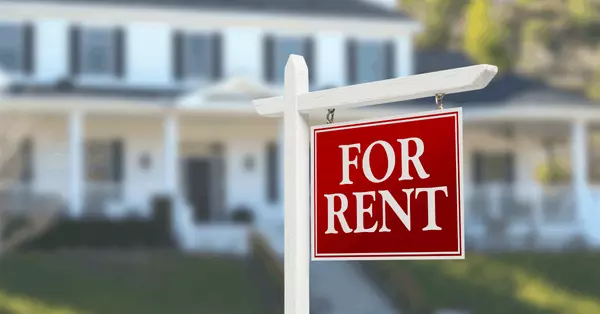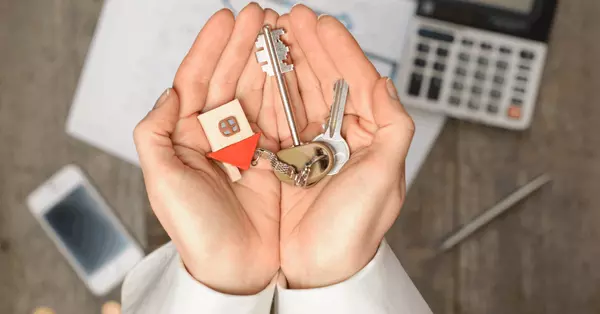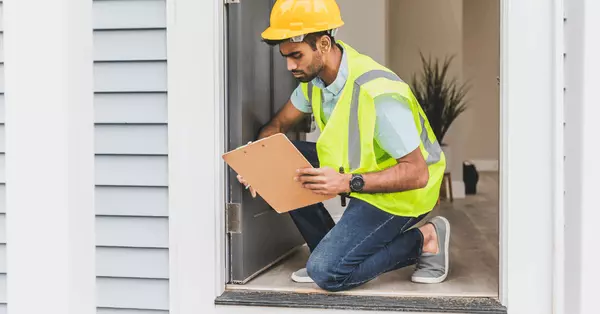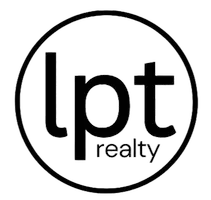
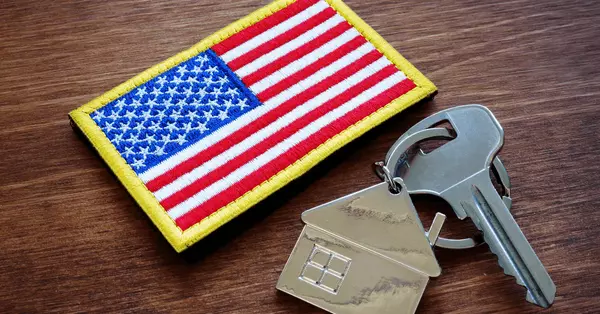
VA Loan Closing Costs: What Fees Should You Expect?
When buying or refinancing a home with a VA loan, you'll be responsible for paying closing costs. These fees are necessary to cover the processing and finalizing of your loan. While all loans come with closing costs, VA loans have a few specific fees. Here's a breakdown of what to expect with VA lo
Read More

What Is Earnest Money?
When you make an offer to buy a home, it's important to demonstrate your commitment from the start. This is usually done through an earnest money deposit, which shows the seller that you're serious about the purchase. Keep reading to understand more about this initial deposit and how it works. Ear
Read More

First-Time Home Buyer Assistance Programs and Grants
If you're seeking financial assistance to purchase your first home, here's a helpful guide to explore the various assistance programs and grants available for first-time homebuyers. Financial Support vs. Marketing It’s important to understand that not all "first-time buyer programs" are what they
Read More

A Complete Guide to First-Time Home Buyer Programs
A Guide to First-Time Home Buyer Programs Buying your first home is an exciting yet complex process. From finding the right home to securing financing, there are many steps involved. Luckily, there are various first-time homebuyer programs designed to make this process easier by offering financial
Read More
Categories
- All Blogs (36)
- Buyer Stories (1)
- Buyer tips (7)
- Buyers (3)
- Buying (2)
- Buying Advice (3)
- Buying Assistance (3)
- Credit & Debt (2)
- Down Payment (1)
- Financing (8)
- Financing Options (1)
- First Time Home Buyer (20)
- Foreclosures (1)
- Interest Rates (2)
- Loans (4)
- Military (5)
- Mortgage Interest Rates (1)
- Mortgage Rates (1)
- New Construction (1)
- Personal Finance (2)
- Refinance (1)
- Tax tips (1)
- Title & Closing (1)
- VA Loans (1)
Recent Posts




